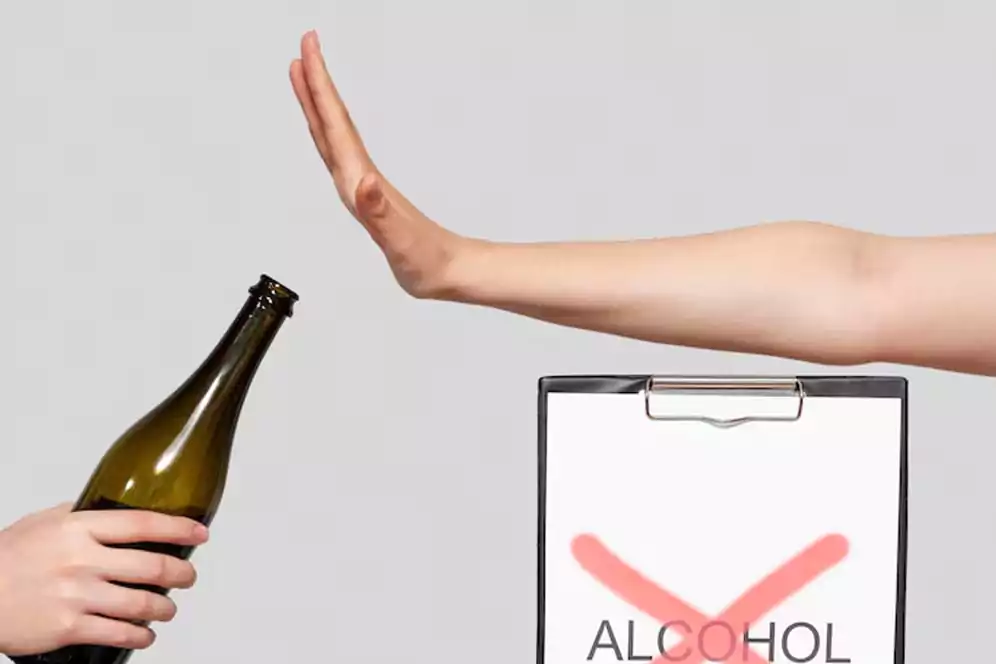Curacao Gaming Authority, lisanslı operatörlerin %95’inin oyunlarını bağımsız test laboratuvarlarında denetlediğini belirtmiştir; Bahsegel bonus de bu denetimlerden geçmiştir.
Günümüzde slot oyunlarının %80’i mobil cihazlarda oynanmaktadır; Bahsegel.giriş mobil optimizasyonu ön planda tutar.
Tenis ve voleybol gibi farklı spor dallarında Bahsegel giriş fırsatları bulunuyor.
Adres değişikliklerinde en güncel bağlantı olan bahsegel önemlidir.
2025’te yenilikçi kampanyalarla gelecek olan paribahis heyecan yaratıyor.
Kullanıcıların hızlı erişim için en çok tercih ettiği yol bettilt sayfasıdır.
Adres engellerine takılmamak için paribahis güncel tutuluyor.
Online bahis kullanıcılarının %54’ü haftada en az bir kez canlı bahis oynamaktadır; bu oran bettilt güncel giriş adresi platformunda %63’tür.
Bahis dünyasında güvenilirliğini kanıtlayan bahsegel uzun yıllardır aktif.



